WWF today released a new report in the lead-up to a major global wetlands conference in Zimbabwe, where countries will set the course for safeguarding and restoring vital freshwater ecosystems.
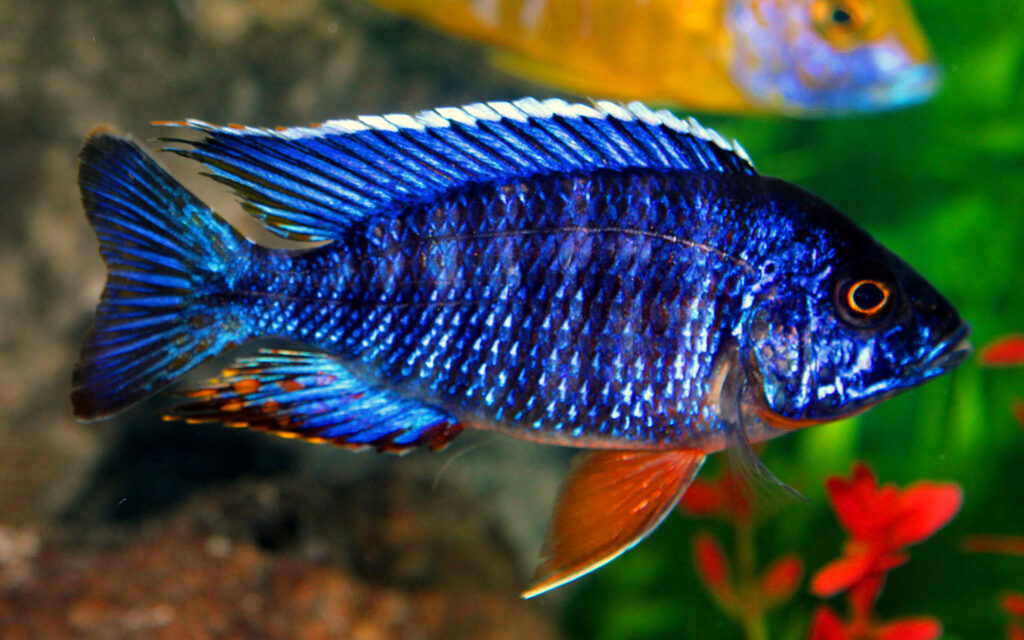
The report, titled “Africa’s Forgotten Fishes,” reveals that 26% of Africa’s assessed freshwater fish species are threatened with extinction, with the true number potentially being much higher due to significant data gaps.
“Africa is a global hotspot of freshwater fish diversity, home to over 3,200 species, but it’s also a hotspot of risk,” said Eric Oyare, WWF Africa Freshwater Lead. “When these fish disappear, we lose much more than species: we lose food & nutrition security, livelihoods, ecosystem balance, and adaptive capacities to climate change.
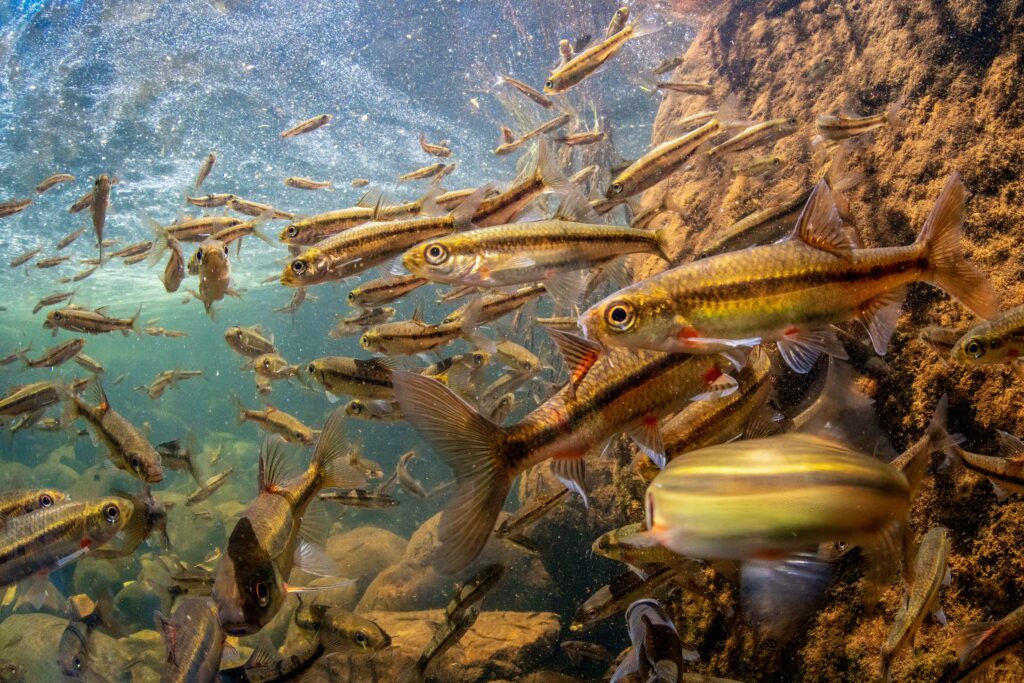
These declines are a red flag for the broader health of Africa’s freshwater ecosystems, which are the very life support systems for people and nature.”
Often overlooked in global conservation conversations, Africa’s freshwater fishes are ecologically remarkable.
The new report highlights extraordinary species such as the African lungfish, which breathes air and can survive years buried in mud during droughts; a blind cichlid from the Congo Basin adapted to life in underground aquatic caves; the ancient bichirs, often referred to as “living fossils” for their lineage that predates the dinosaurs; and the formidable African tigerfish, a fast-swimming predator renowned for its powerful jaws and hunting skills.
Freshwater fishes play a vital role in maintaining the health of aquatic ecosystems, acting as predators, herbivores, and nutrient recyclers.
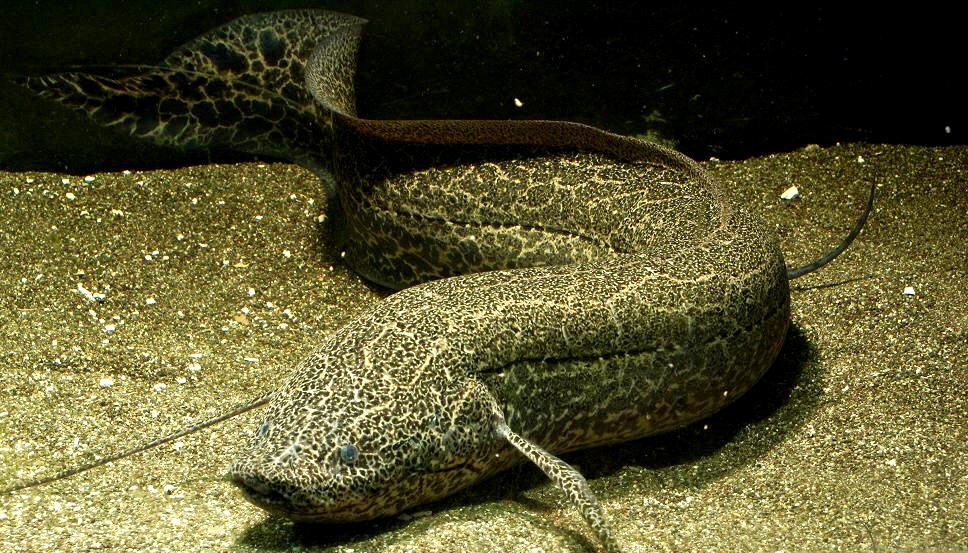
They are also the backbone of inland fisheries that support millions of African households, especially the most vulnerable. But these lifelines are collapsing under the weight of multiple threats: Habitat destruction from dams, deforestation, mining, and land conversion, Pollution from agriculture, urban areas, and industry, Invasive species and overfishing, including destructive gear like mosquito nets, and Climate change, which alters rainfall patterns, dries out rivers, and heats lakes
Across the continent, freshwater fish populations are in freefall.
In the Zambezi floodplain, catches of key species have dropped by up to 90%. At the same time, Lake Malawi’s iconic ‘chambo’ tilapia, a staple food and national symbol featured on the Malawian Kwacha, has declined by 94%.
WWF urges African governments and stakeholders to adopt the Emergency Recovery Plan for Freshwater Biodiversity.
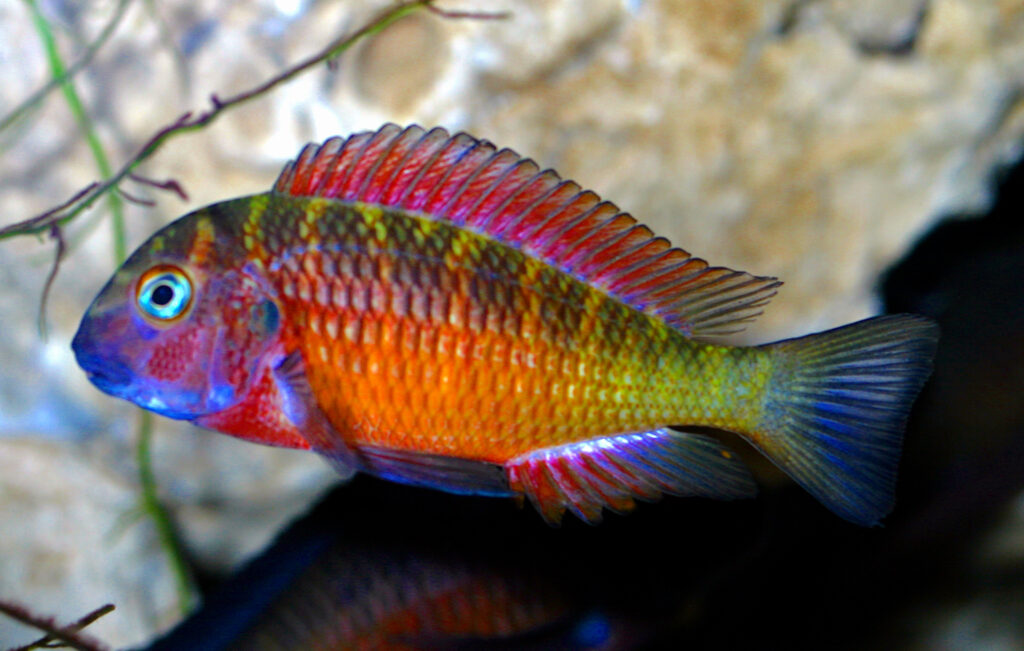
This science-based, practical roadmap has been developed by leading experts to restore the health of freshwater ecosystems and the communities that rely on them
The plan outlines six urgent actions: Let rivers flow more naturally, improve water quality in freshwater ecosystems, protect and restore critical habitats and species, end unsustainable resource use, prevent and control invasive non-native species, Safeguard free-flowing rivers, and remove obsolete barriers
“These six pillars have all individually been implemented successfully in countries around the world. With bold leadership, African countries can adapt them to local contexts, helping secure freshwater biodiversity for generations to come.” Eric Oyare, WWF Africa Freshwater Lead, stated
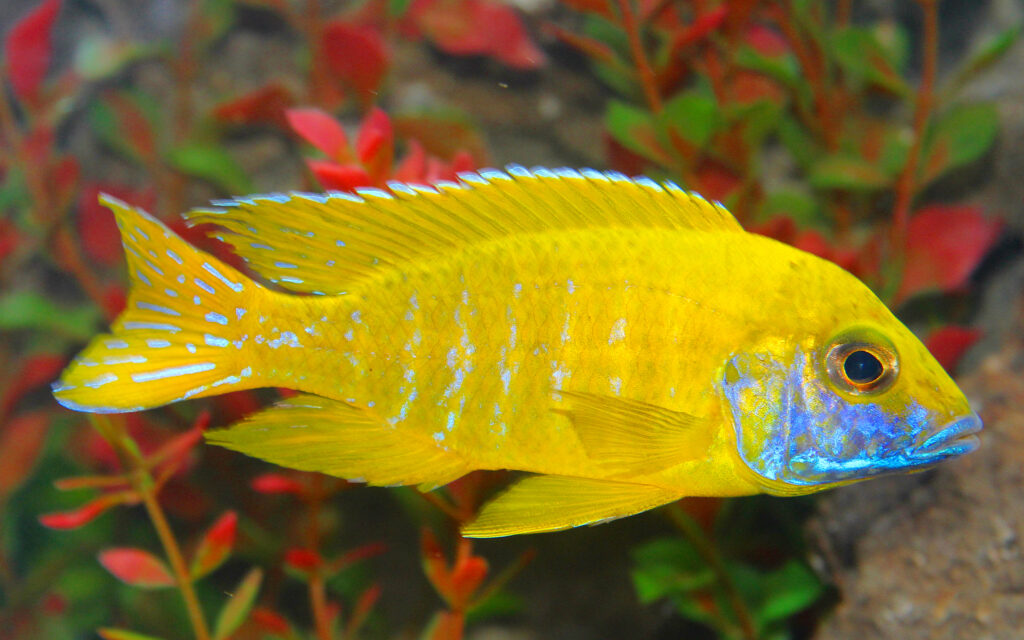
But the report also offers hope. Community-led conservation efforts are showing success in Tanzania, Zambia, Namibia, and beyond, protecting breeding zones, co-managing fisheries, and restoring degraded habitats. New global frameworks, like the Freshwater Challenge, now joined by 20 African countries, offer a path forward.
“It’s time we stopped treating freshwater fishes as an afterthought,” said Nancy Rapando, WWF Africa Food Futures Lead. “They are central to Africa’s biodiversity, development, and future. We must act now before the rivers dry out.”
The Ramsar COP15, formally known as the 15th Conference of the Contracting Parties to the Convention on Wetlands (COP15), which will take place from 23rd to 31st July 2025 in Zimbabwe, will bring together governments, scientists and conservationists to tackle the rising threats facing freshwater ecosystems and chart a path toward more sustainable management.
African countries have a unique opportunity to lead by example by putting freshwater ecosystems and fish at the heart of conservation and development decisions. That means implementing the 30×30 inland waters target under the Global Biodiversity Framework, joining and accelerating the Freshwater Challenge, and adopting the Emergency Recovery Plan for Freshwater Biodiversity.
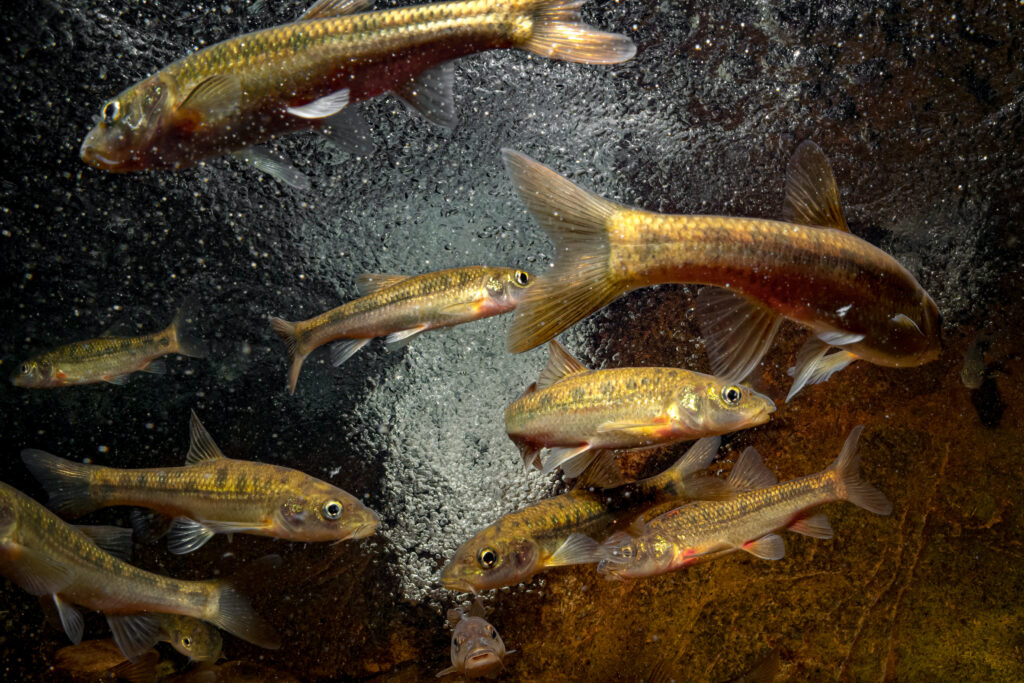
“The future of Africa’s rivers and fishes is inseparable from the future of its people,” says Itai Chibaya, WWF Zimbabwe Country Director. “We need bold action at Ramsar COP15 to restore the life support systems of this continent, starting with our forgotten freshwater ecosystems.”
Produced in collaboration with:
Alliance for Freshwater Life, Conservation International, Freshwater Research Centre, International Water Management Institute (IWMI), Freshwater Life, InFish, IUCN SSC, NatureMetrics, Re:wild, SHOAL, South African Institute for Aquatic Biodiversity (SAIAB), The Nature Conservancy, WorldFish, Wildfowl & Wetlands Trust, and Wetlands International.
Why freshwater fishes matter
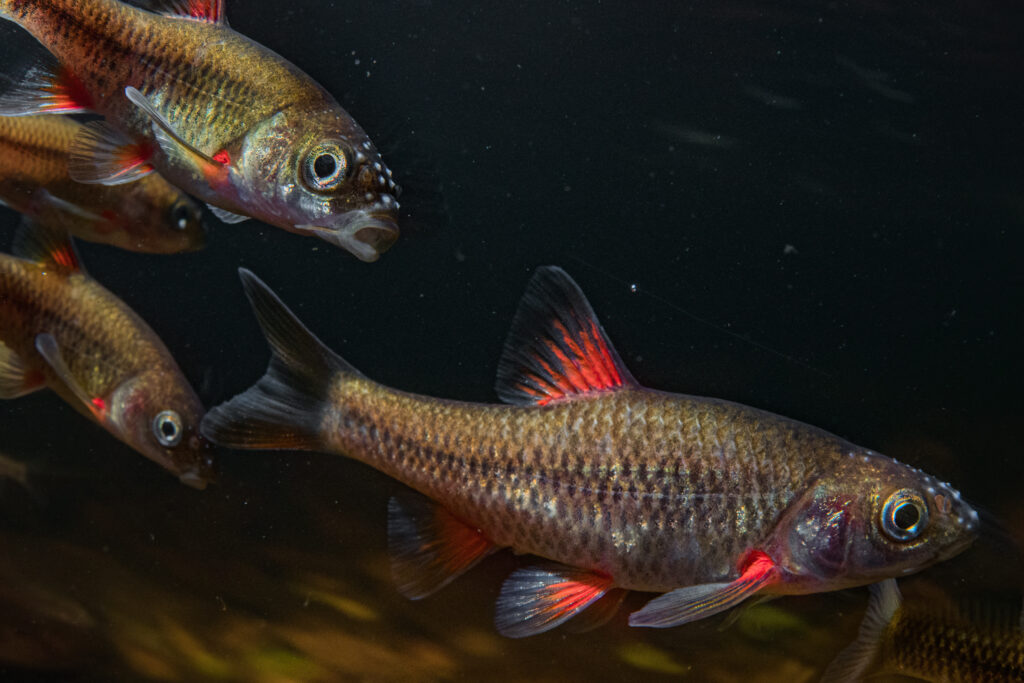
Africa is home to over 3,200 freshwater fish species. While most wild freshwater fish caught in Africa are consumed locally and regionally, their importance ripples far beyond the continent. Small-scale fisheries underpin national economies, support regional food trade, and increasingly contribute to global supply chains, including the export of dried and smoked fish, ornamental aquarium species, and high-value recreational fishing tourism.
An estimated 26 per cent of Africa’s freshwater fish species are threatened (including those assessed as Critically Endangered, Endangered, and Vulnerable), but data are lacking.
Some fish species have not yet been assessed, and many that have are under-researched, with 558 placed in the category of ‘Data Deficient’ on the IUCN Red List of Threatened Species
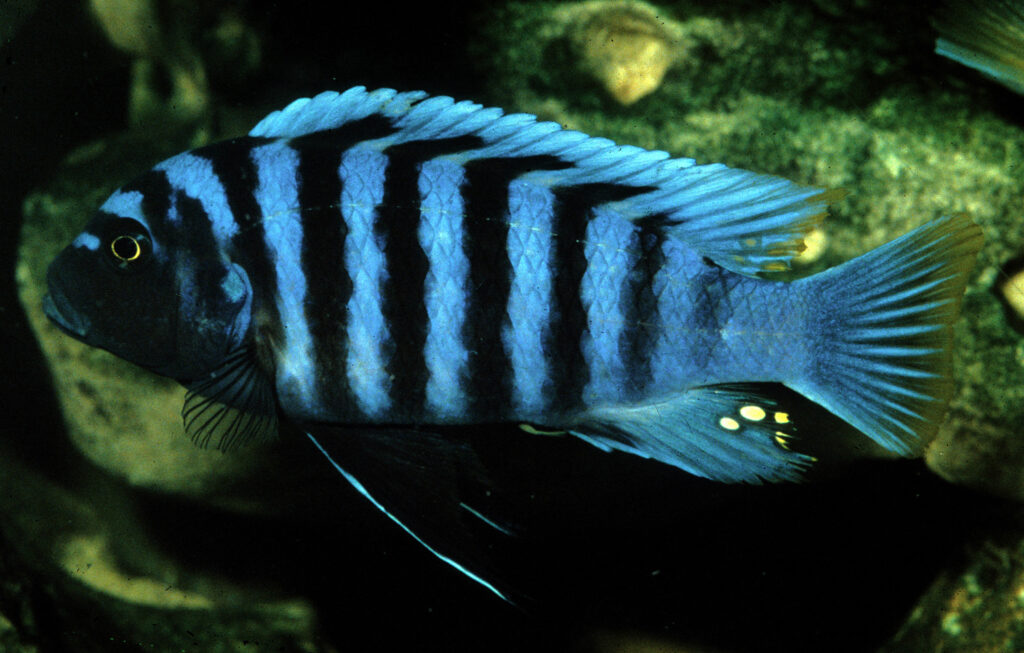
Summary
- Over 3,200 freshwater fish species have been recorded in Africa, with 28 new freshwater fish species described in 2024 alone.
- Africa has the world’s highest per capita catch of freshwater fish: 2.56 kg per person per year, 28% higher than Asia.
- Uganda and Tanzania are the 6th and 7th largest inland fish producers globally, respectively, primarily due to Lake Victoria.
Press Release and Photos shared by WWF


